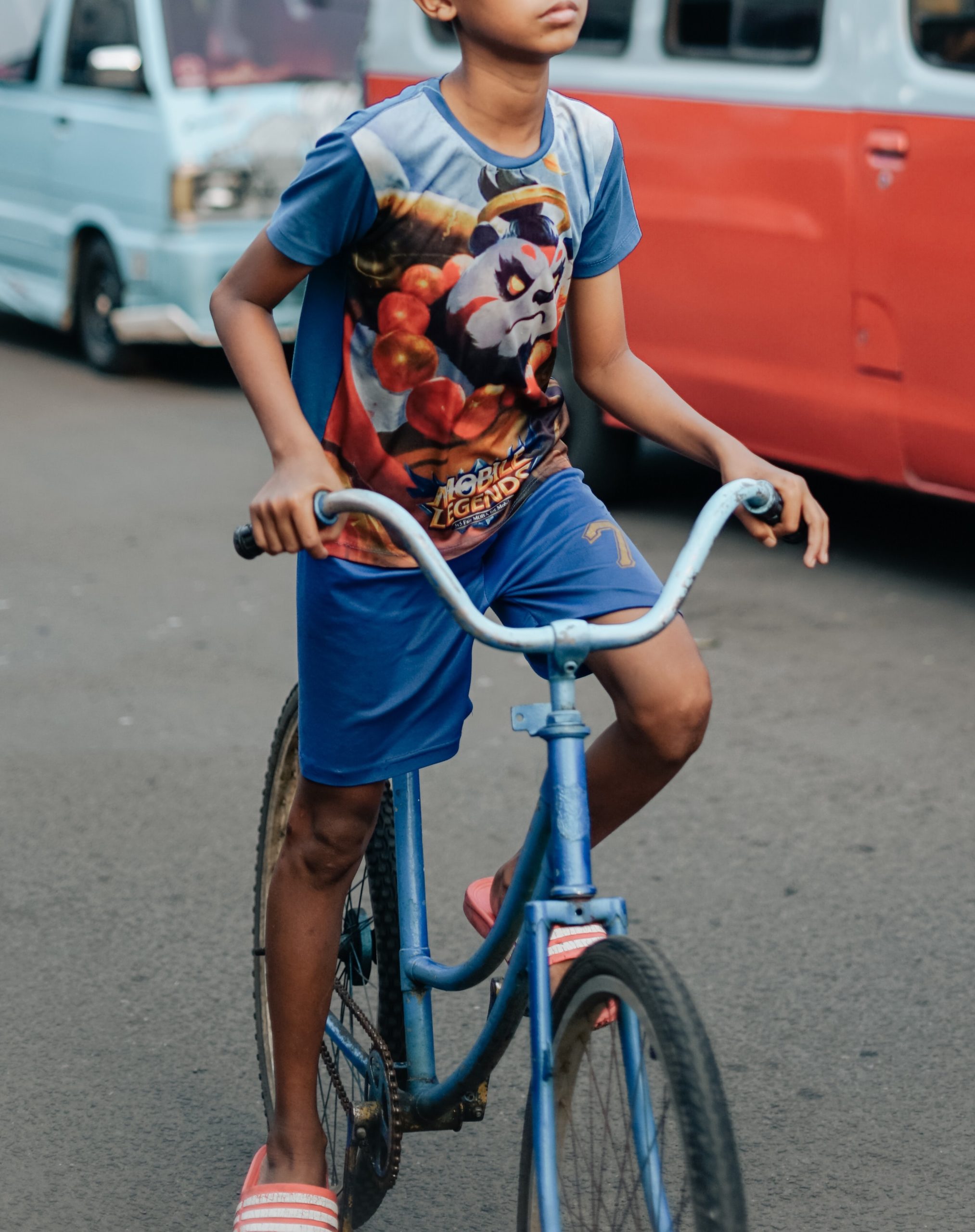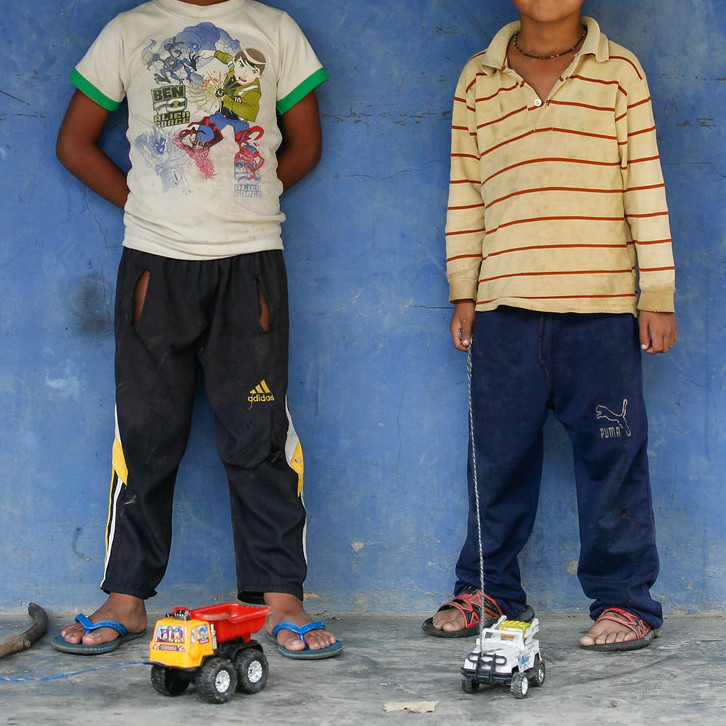ECPAT International’s newest report looks at the sexual exploitation of Boys in Bolivia and reveals how social norms, interlocking vulnerabilities, and legislative gaps put boys at risk of sexual exploitation.
This is ECPAT’s eighth report under the Global Boys Initiative, following The Gambia, Belgium, Pakistan, Hungary, Thailand, South Korea, and Sri Lanka. The report explores the factors that put boys in Bolivia at risk of sexual exploitation, uncovers the gaps in child protection legislation, and outlines what needs to change. Together with Consorcio ECPAT Bolivia’s Fundación Munasim Kullakita and Pastoral de Movilidad Humana, we conducted the ground-breaking research in 2021.
Our research included a detailed survey with 49 frontline service providers in Bolivia who currently provide services for child victims of sexual exploitation. A comprehensive analysis of the Bolivian legal framework was conducted to understand how it protects boys from crimes relating to sexual abuse and exploitation.

“Social norms dictate that males should be strong, brave, and protect themselves—a harmful stereotype”
~ frontline support worker

In Bolivia, social norms dictate that males should be strong, brave, and protect themselves—a harmful stereotype that frontline workers identified as the key factor impacting boys’ vulnerability to sexual exploitation.
Dysfunctional home situations, such as family violence, have been shown to lead to negative coping strategies for boys, such as experimenting with drugs or running away from home. In these environments, offenders are able to exploit boys’ vulnerability, groom them, and trap them in a cycle of dependency, by offering them money or accommodation.
While homosexuality is legal in Bolivia, young people of diverse SOGIE still experience significant discrimination that can leave them especially vulnerable to sexual exploitation.
In the attempt to keep their sexuality hidden, young boys are more likely to engage in sex with strangers, opening them up to risks of exploitation. Prejudices against boys perceived as being homosexual can also limit the likelihood of them reporting crimes to the authorities or seeking access to support services.

“Due to their gender identity not being accepted by their family, it creates a rupture. They end up in the streets and are often victims of sexual violence, without recognising the risks they are exposed to.”
~ frontline support worker

Support workers noted that social and gender norms are significant barriers to boys disclosing their experiences. Boys often report feelings of guilt, shame, and even self-blame.
Because boys are typically referred to social services for other issues such as running away from home, substance abuse, or gang violence, support workers may face difficulties identifying boys who have been subjected to sexual exploitation.
While boys often struggle to acknowledge and disclose the exploitation they have been subjected to, they also struggle to find appropriate services that can help them.
Despite having three dedicated centres for girl and women victims of trafficking and related crimes, Bolivia does not have any specialised centre for boys. Instead, they are brought to state facilities for abandoned children or children in conflict with the law. The care provided is not tailored for boys who have been subjected to sexual exploitation and abuse, which hampers their access to recovery and reintegration.
More than half of the frontline workers surveyed rated existing support services for boys and their families as poor, citing insufficient budgets, staff shortages, and a lack of training and skills.
Bolivia has demonstrated its commitment to addressing the sexual exploitation of children by ratifying key international instruments. The government has also further introduced criminal justice provisions and laws to combat such crimes. Despite these measure, legislative gaps exist, which put children at risk of sexual exploitation, and can impede their access to justice.
For instance, current statutory limitations apply for the prosecution of child sexual exploitation crimes. Research shows that when sexually exploited children do disclose their abuse, it is often significantly delayed—especially in the case of boys. Therefore, the current limitation period of 8 years has been cited as being detrimental to boys seeking access to justice.
The Bolivia Boys Report revealed that social norms and intersectional vulnerabilities are significant factors that contribute to the vulnerability of boys, putting them at risk of sexual exploitation. The report also highlights a need for gender-sensitive support services, as well as awareness campaigns to dismantle harmful social and gender norms.

Some recommendations outlined in this report include:
Read: Laws and ideas on gender are putting boys in The Gambia at risk of sexual exploitation
Read: Are Boys in Belgium sufficiently protected from sexual exploitation?
Read: Boys in Pakistan are subjected to harmful social and gender norms
Read: Boys in Hungary are rarely perceived as victims of sexual exploitation
Read: Boys in Thailand would stop selling sex if they could
Read: Boys in South Korea don’t know who to tell when they’ve been sexually abused
Read: Boys in Sri Lanka have little choice but to adapt to abuse
About ECPAT’s Global Boys Initiative
Listen:
Comment, like and share to help us get the word out! #ECPATBoysStudy
Twitter | Facebook | Instagram | Linkedin